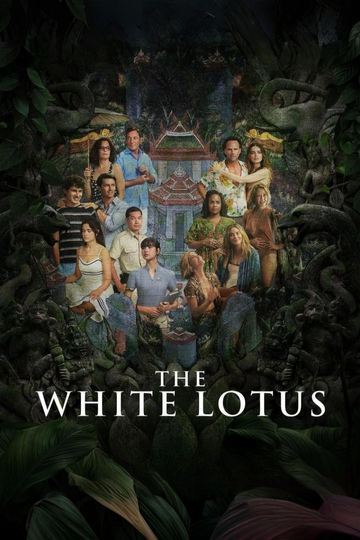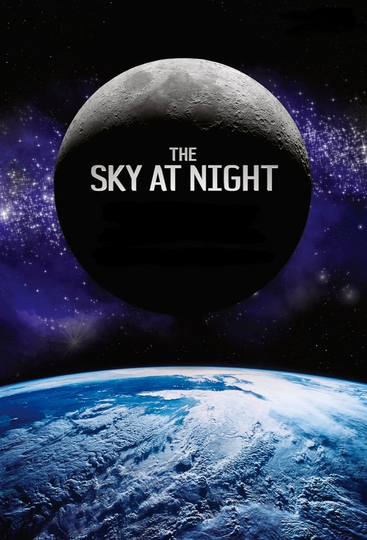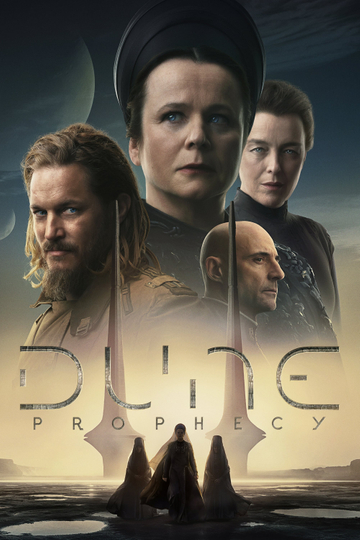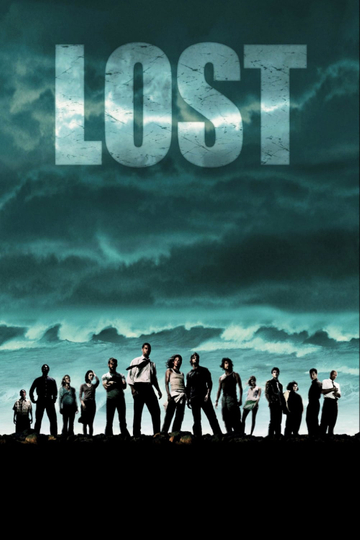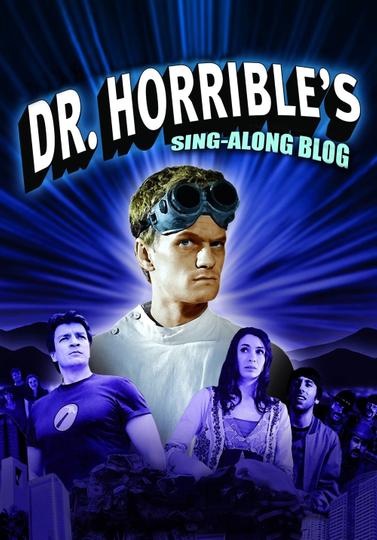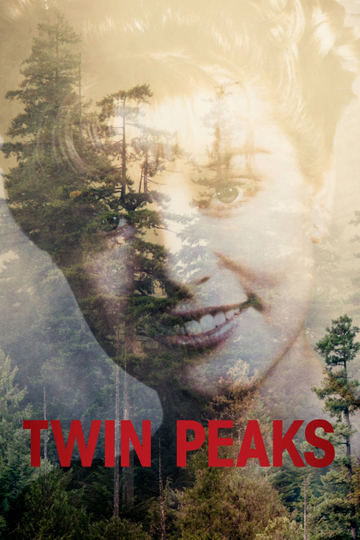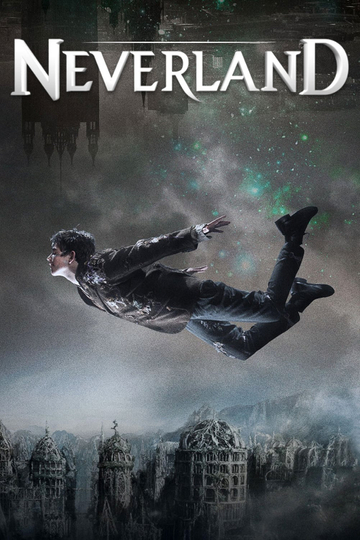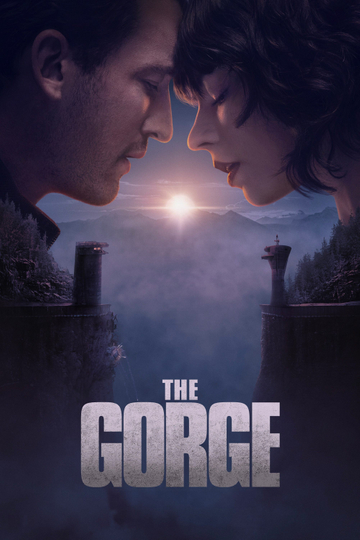Season 2016 Episodes
1. Planet 9 From Outer Space
On January 20 2016, two American astronomers made an extraordinary claim - they had found evidence for a ninth planet in our solar system, a planet 20 times further out than Neptune which would take up to 20,000 years to orbit the sun. It is a discovery that could completely rewrite our understanding of our solar system and how it formed. As the world's biggest telescopes start scanning the skies searching for Planet 9, the Sky at Night team investigates. If Planet 9 exists, where is it and where did it come from? In California, Chris Lintott meets the astronomers whose study of the distant Kuiper Belt led them to predict the existence of the planet. And while some scientists are still sceptical, Maggie Aderin-Pocock discovers how our models of the formation of the solar system and the discovery of similar exoplanets around other stars all support the existence of Planet 9.
2. Five Greatest Images of the Solar System
For 50 years we have been sending probes to gather close-up images of the other planets and moons of the solar system. The Sky at Night presents the five greatest images captured by those spacecraft. From a view of the surface of Mars, to live pictures of the sun and a unique picture of our own planet, these are the images that have transformed our perception of the solar system we live in.
3. Stephen Hawking on Black Holes
Chris Lintott and Maggie Aderin-Pocock present a look at black holes, featuring an exclusive interview with Stephen Hawking. The physicist discusses how the recent detection of gravitational waves has added to scientific understanding of black holes, and may prove his own theories explaining how they can have properties that defy all known laws of physics. The programme looks at the latest understanding of black holes, featuring an interview with Stephen Hawking. Black holes are one of the greatest mysteries in the universe. They behave in a way that is contrary to laws of physics and one has never actually been seen. However, the recent detection of gravitational waves, as predicted by Einstein, proves that black holes exist and provides a way to investigate their remarkable behaviour and properties.
4. Mercury: The Problem Child of the Solar System
May 9 2016 sees one of the astronomical highlights of the year - a transit of Mercury across the sun, the best opportunity to observe this phenomenon until 2049. To mark the event, the Sky at Night attempts to explain the many mysteries of Mercury - a planet so bizarre that it is sometimes described as the 'problem child' of the solar system. Surface temperatures exceed 450 degrees but it also has patches of ice, its day is twice as long as its year, and it is a planet that appears to be shrinking.
5. Secrets of the Whirlpool Galaxy
Chris Lintott and Maggie Aderin-Pocock report on a plan to train as many telescopes as possible on the Whirlpool Galaxy. This star formation is 30 million light years from Earth and was discovered in 1773, its spiral shape believed to have been the inspiration for Van Gogh's painting Starry Starry Night. Optical and infra-red telescopes, radio observatories and ultraviolet and x-ray sensors will study the galaxy to learn more about a wave of intense star formation.
6. Juno: Mission to Jupiter
A look behind the scenes of Nasa's project to study Jupiter. As the spacecraft Juno enters Jupiter's orbit, the programme explores the dangers of the mission and what Nasa is hoping to discover about the giant planet - from the secrets of its formation to the source of the solar system's most powerful aurora.
7. Interstellar: The Journey to Proxima Centauri
Chris Lintott and Maggie Aderin-Pocock report on the recent discovery of a planet with similar qualities to Earth orbiting Proxima Centauri, the nearest star to our solar system. The programme examines what the environment of this world might be like and the logistics of building a spacecraft capable of travelling 4.23 light years to reach it.
8. Goodbye Rosetta: A Sky At Night Special
Chris Lintott and Maggie Aderin-Pocock report on the Rosetta spacecraft as it prepares to crash into the surface of comet 67P Churyumov-Gerasimenko. This month the Sky at Night goes behind the scenes at the European Space Agency as the Rosetta mission reaches its dramatic conclusion and the spacecraft is crashed into the surface of comet 67P Churyumov-Gerasimenko. For nearly two years the Rosetta spacecraft has been in orbit around 67P - studying the comet at close range and returning the most extraordinary pictures. But now the the mission must come to an end and the project scientists have decided to have one final attempt at studying the comet at closer range than ever before. On September 30th the spacecraft - with all its instruments running - will be crashed into the surface of the comet. Its aim is to get the best ever view of the mysterious pits on the comet's surface. Pits whose walls are thought to have been undisturbed for over 4 billion years, since the formation of the solar system. Chris Lintott will be in mission control with the scientists as they watch the pictures come in from the spacecraft's dive towards the surface. And Maggie Aderin-Pocock will be investigating how the mission has transformed our understanding of comets and the birth of the solar system.
9. Life on Mars
The Sky at Night team investigates the ongoing hunt for life on Mars. It is one of the great scientific questions of our time, but are we any closer to finding an answer? As well as uncovering the cause of the recent crash of the Schiaparelli lander, the team looks at the next missions designed to hunt for life on the red planet - from a rover designed to drill deep into the surface, to the orbiter sniffing for signs of methane in the atmosphere. Adam Rutherford joins the team to ask if we have been deliberately avoiding the most likely places to find life on Mars.
10. Review of the Year
Maggie Aderin-Pocock and Chris Lintott present a look back at some of the biggest stories in space science of 2016, and see how these discoveries have developed since making the headlines. Featuring a look at new evidence of a ninth planet in the solar system, the Juno probe's study of Jupiter, and scientists searching for evidence of other planets capable of sustaining human life.









